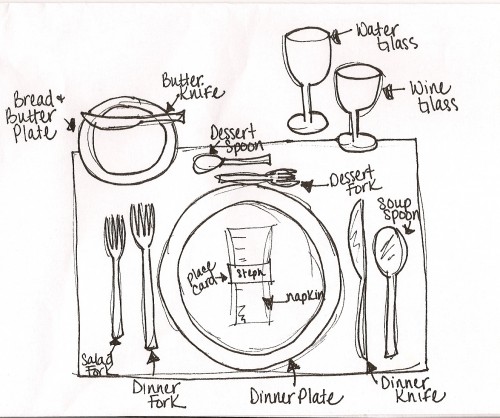Darius, a king of ancient Persia, was intrigued by the variety of cultures he met in his travels.
He had found, for example, that the Callatians, who lived in India, ate the bodies of their dead fathers.
The Greeks, of course, did not do that – the Greeks practised cremation and regarded the funeral pyre as the natural and fitting way to dispose of the dead.
Darius thought that a sophisticated outlook should appreciate the differences between cultures. One day, to teach this lesson, he summoned some Greeks who happened to be at his court and asked what it would take for them to eat the bodies of their dead fathers. They were shocked, as Darius knew they would be, and replied that no amount of money could persuade them to do such a thing.
Then Darius called in some Callatians and, while the Greeks listened, asked them what it would take for them to burn their dead fathers’ bodies. The Callatians were horrified and told Darius not to speak of such things.
The Elements of Moral Philosophy, 6th Edition (Rachels & Rachels, 2010)



Cultural relativism = we can’t say customs of other societies are inferior to our own. Arguably, this doesn’t jar too much with the example of Greeks and Callatian practices regarding their dead. However, it does jar if it’s applied to the living: a society that practices apartheid, for example, or female servitude, or the destruction of Jews. The consequence of cultural relativism is it stops us criticising any society, both alien ones, and, by logical extension, our own. The reality is few of us think our society’s code is perfect, we constantly seek progress and reform. We grapple with belief… Read more »